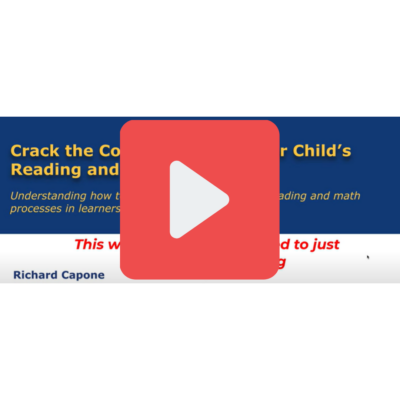Humanize Data to Help Your Students Grow
In today’s educational landscape, data is king. Schools collect vast amounts of information about student performance, but all too often, this data remains locked in spreadsheets or is used solely for administrative purposes. The challenge is to humanize data—transforming raw numbers into meaningful insights that can help educators truly understand and support their students. At Let’s Go Learn, we believe data is a tool for connection, growth, and creation of individualized learning paths. Our goal is to help educators use data not just to track performance but to inspire and empower students.
What Does It Mean to Humanize Data?
Humanizing data is about seeing students as more than just numbers or scores on a page. It involves interpreting data in a way that reflects the complexities of learning, acknowledging that every student has unique needs, strengths, and challenges. When educators move beyond generic test results and look deeper into the data, they can better understand how to provide the right support for each student’s growth.
For example:
- Tom’s reading score may be low, but what if the data reveals that his phonics skills are solid while his vocabulary needs improvement? Now, instead of general remediation, Tom can get targeted help in building vocabulary.
- Sara excels in math, but the data shows that her understanding of word problems is lagging. By diving into this insight, Sara might see an optometrist or reading specialist, to see how she can avoid reading frustration or disengagement.
This type of analysis is precisely what Let’s Go Learn’s products offer—actionable data insights that lead to personalized learning opportunities.
Let’s Go Learn: Empowering Growth with Humanized Data
At Let’s Go Learn, we provide a suite of tools designed to make data accessible and impactful for educators. Our assessments and reporting systems go beyond simply offering a score. We give educators detailed diagnostic information that can be used to craft targeted, individualized instructional plans.
DORA
The Diagnostic Online Reading Assessment (DORA) doesn’t just assess reading proficiency. It breaks down reading into key components like comprehension, phonics, fluency, and vocabulary and then finds the student’s instructional point within each of these areas. This in-depth analysis allows educators to pinpoint exactly where a student may need intervention, making data-driven reading instruction more personalized and effective. We align our breakout of the components of reading with the ways one would teach reading. This is critical in humanizing data.
DOMA and ADAM
Our two math assessments, the Adaptive Diagnostic Assessment of Mathematics (ADAM) and the Diagnostic Online Math Assessment (DOMA), both offer a comprehensive analysis of students’ mathematical understanding. With either ADAM or DOMA, educators gain detailed insights into whether students need additional support in key math areas such as numeracy, algebraic thinking, geometry, measurement, and data analysis. This allows teachers to tailor their lessons to meet the specific needs of their students.
The key difference between the two is that ADAM is a K-8 math assessment that evaluates student mastery across 44 core areas of math, providing a broad and thorough picture of each student’s mathematical proficiency. On the other hand, DOMA focuses on more specialized areas, with DOMA Pre-Algebra and DOMA Algebra assessing specific skills critical to these subjects, ensuring that students are prepared for higher-level math.
How Humanized Data Drives Growth
When data is humanized, it becomes a powerful growth tool. Here’s how:
- Personalized Learning Plans: Instead of applying a one-size-fits-all approach, educators can create personalized learning plans for students based on specific data points. This approach fosters engagement and accelerates growth.
- Targeted Intervention: Data allows educators to identify areas where students struggle or excel, enabling targeted intervention that is both timely and effective.
- Student Empowerment: Sharing personalized data with students helps them understand their learning journeys. When students know exactly where they are and what they need to improve, they become more motivated and feel able to take ownership of their education. Plus, learning is placed within their reach. If they are constantly given topics that are too hard or too easy, they lose interest or get overwhelmed.
- Teacher Collaboration: Detailed data reports allow teachers to collaborate more effectively. Special education teachers, general education teachers, and administrators can all work from the same data set to ensure continuity of learning support for each student.
Start Humanizing Data Today with Let’s Go Learn
When educators use data thoughtfully, it becomes more than a report card or test score—it becomes a roadmap for student success. Let’s Go Learn is here to provide the tools you need to humanize your data, helping every student grow and thrive.
Take the first step in transforming your teaching practice by exploring our comprehensive assessment tools at Let’s Go Learn. Let’s work together to empower every student through personalized learning!



Leave A Comment